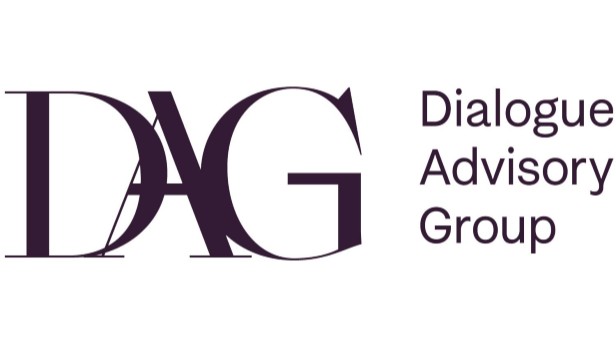This report is the first in a series of papers comprising the third annual World Climate and Security Report. It focuses on the “Decarbonized Defense” and “The Need For Clean Military Power In The Age Of Climate Change.”
In the report, the authors “outline the options for NATO members and the EU to reduce their military emissions and fossil fuel dependence consistent with their respective militaries achieving their respective security missions.” They focus on the “elements that should be included in a military emissions mapping methodology and cover “promising future technologies (military and dual-use) and the potential for decarbonization in the military-industrial base. In the fourth section, how NATO can contribute to climate mitigation are detailed.” Then, they “outlines options for the EU to catalyze military decarbonization”, explore “NATO-EU collaboration in this field, and concludes with recommendations for both NATO and the EU.”
The report has three components:
- climate mitigation needs and opportunities for militaries
- climate security risk snapshots of the Eastern Mediterranean, the Sahel, and the Balkans
- climate adaptation strategies for the security sector
The paper discusses the need to accelerate military efforts towards net zero to minimize fossil fuel-related operational vulnerabilities, undermine petro-dictators like Vladimir Putin, and combat climate change. For instance, it reveals “high operational costs of continued fossil fuel use by militaries, and recommends that security leaders across NATO and the EU seize opportunities to ensure that low carbon considerations and energy efficiency standards are key factors in new procurement processes, research and innovation.”
They note that while NATO “has formally embraced the need for Allied militaries to reduce their emissions, the level of ambition and willingness to prioritize military decarbonization varies among its 30 member states.” Still, this is significant as the organization operates through consensus but with the cooperation of the EU, there’s a possibility of increasing the commitment to climate action as the EU can “leverage the legal and normative power it holds to galvanize member states into action.”
The authors note the significance of the war in Ukraine as a “turning point for sustainable change” and discuss the fact that the “ministries and departments of defense can lead broader technological change across society by creating enough demand signals to spur innovation and enable the private sector to bring low-carbon solutions to the market.”
Lastly, they also propose the need to “distinguish between two types of emissions: emissions from standard operations, generated by civil and administrative operations, and emissions from non-standard operations, those from military operations, law enforcement and other operations.” While noting that this approach is already “being tested in the US and Canada.”
The main points in their recommendations are:
- To “coordinate and develop consistent messaging from both EU and NATO leadership on the importance of reducing the amount of oil and gas used by the military on operational, tactical and strategic autonomy.”
- To “begin discussions on a common methodology and conduct a feasibility study on how relative target setting could look.”
- To “avoid carbon lock-in now that military expenditures go up rapidly by encouraging EU and NATO member states to reserve increases in budget for spend in green energy-saving technologies and systems.”
- To “set ambitions for specific programs, technologies and investments into energy efficiency and renewable energy R&D and discuss with member states in which specific areas they can take the lead/start to integrate greener technologies.”
- To “consider establishing green compliance measures for EU defense spending instruments.”
- To increase spending on “green R&D that helps to decarbonize defense” and “aims to lower fuel dependence.”
- To “facilitate cooperation on low carbon innovation among smaller/less funded militaries to allow them to procure/access future green technology.”
- For the EU to “include the military in the European Green Deal.”
- To “start the first step of evaluating the feasibility of transforming to net-zero domestic military bases.”
- For NATO to “shift away from single fuel policy (SFP) towards more sustainable alternatives, and could also lead the way in research and development of
alternative propulsion systems for military applications.” - For NATO to “review and update existing policies and standardization agreements (STANAGs), as well as introduce new ones.”
- For the EU and NATO militaries to “work alongside civilian agencies, private-sector companies, and research institutions.”
World Climate and Security Report 2022




